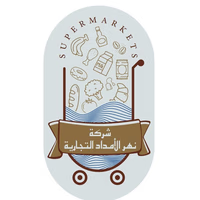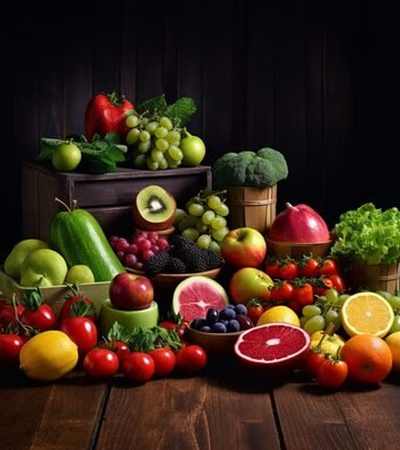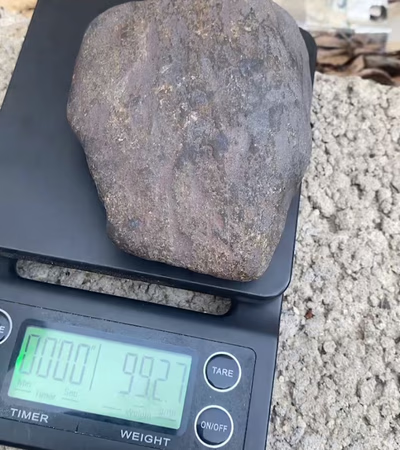The Saudi Arabian crops market reveals a striking trend: a significant increase in the export value of vegetables, jumping from $564. 6 million in 2019 to $916. 8 million in 2021. This growth, contrasted with a decrease in agricultural raw materials exports, highlights a strategic shift towards high-value crop products. While vegetable exports surge, imports remain substantial at over $10. 5 billion in 2021, indicating a persistent demand-supply gap in domestic agricultural production. Moreover, with agriculture, forestry, and fishing contributing only 2. 68% to GDP in 2021, and employment in agriculture dropping to 2.
67% of total employment, there is an untapped opportunity for investments in agricultural technology and productivity enhancements. The cereal yield decline from 5,295. 4 kg/ha in 2019 to 4,727. 5 kg/ha in 2021 further underscores the need for innovations in crop management and irrigation. Forecasting future developments, Saudi Arabia"s reliance on imports coupled with a growing livestock production index, which rose to 161. 31 in 2021, suggests a growing market for animal feed and related agricultural products. Comparatively, other regions with similar climatic challenges have successfully integrated advanced agricultural technologies, hinting at a potential blueprint for Saudi Arabia to increase self-sufficiency. This backdrop presents a unique opportunity for businesses to connect with Saudi Arabia"s key suppliers, exporters, and trading partners in the crops sector.
Companies aiming to capitalize on this need can benefit from AI-driven platforms like Aritral. Aritral simplifies international trade by offering services such as Product Listing, Direct Communication, and AI-Powered Marketing, providing businesses with the tools to enhance their global sales and operations. By leveraging such platforms, businesses can efficiently navigate Saudi Arabia"s evolving crops market landscape. "
-
 نهر الإمداد منذ 3 شهرًا
نهر الإمداد منذ 3 شهرًا المملكة العربية السعودية
شركة نهر الإمداد لتوريد الفواكه والخضروات في جدة
المملكة العربية السعودية
شركة نهر الإمداد لتوريد الفواكه والخضروات في جدة
تسعد شركة نهر الإمداد بتقديم خدماتنا في توريد جميع أنواع الخضروات والفواكه بالجملة ونصف الجملة بأفضل الأسعار التنافسية في السوق داخل جدة، وتحديداً في ...التفاصيل
-
 سعد علي منذ 3 شهرًا
سعد علي منذ 3 شهرًا المملكة العربية السعودية
علف
المملكة العربية السعودية
علف
أود أن أقدم بعض الإنجازات هنا على موقعك.التفاصيل
-
 علي محمد علي عسيري منذ 14 شهرًا
علي محمد علي عسيري منذ 14 شهرًا المملكة العربية السعودية
حجر نيزك
المملكة العربية السعودية
حجر نيزك
نيزك للبيعالتفاصيل
-
 غرم الله الزهراني منذ 3 شهرًا
غرم الله الزهراني منذ 3 شهرًا المملكة العربية السعودية
شركة سهيب
المملكة العربية السعودية
شركة سهيب
جميع المواد الغذائية إلى المملكة العربية السعوديةالتفاصيل





